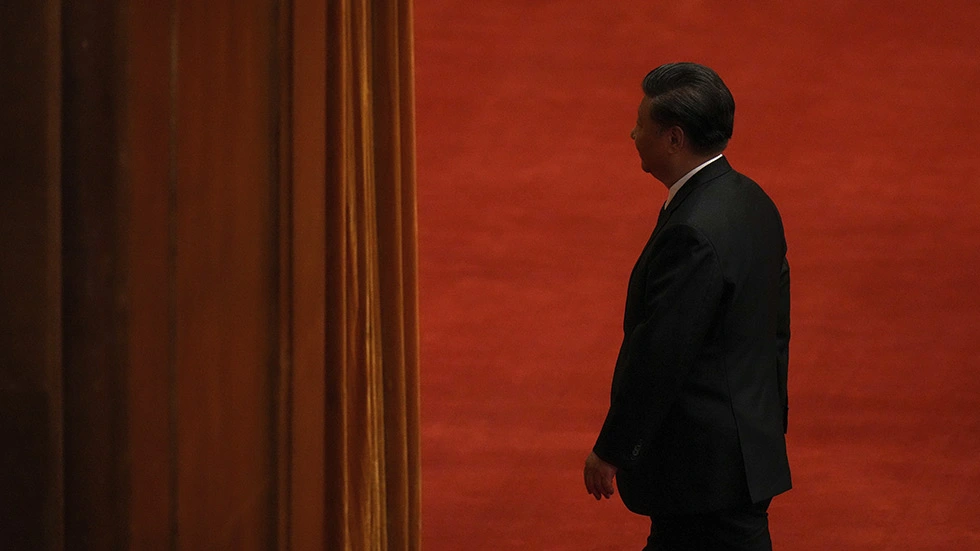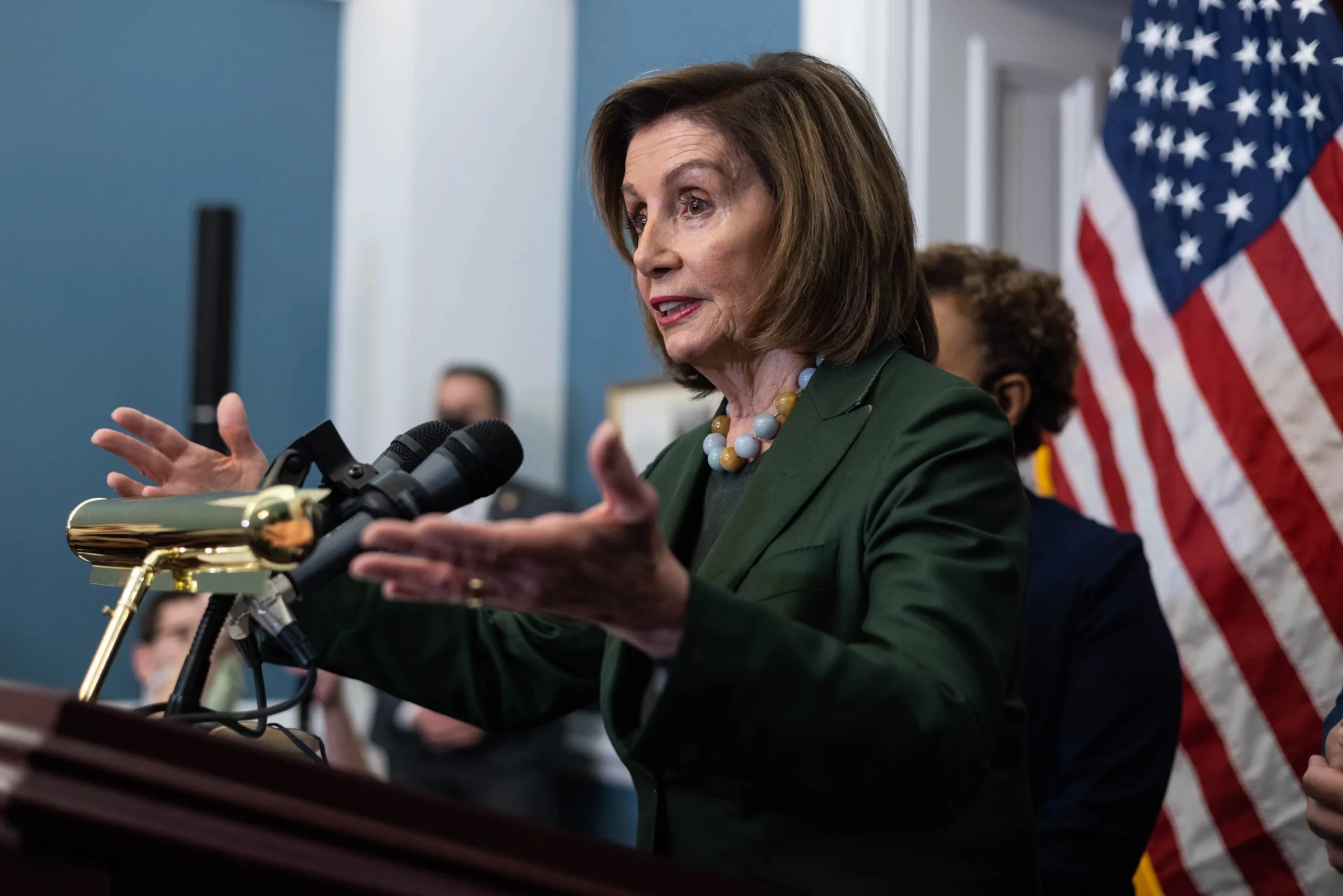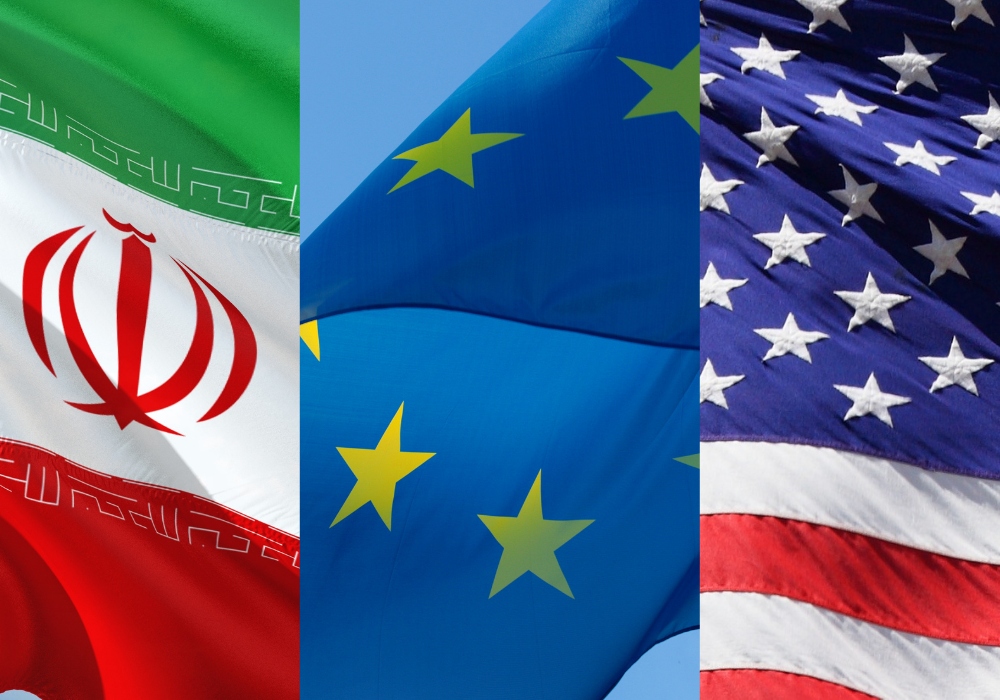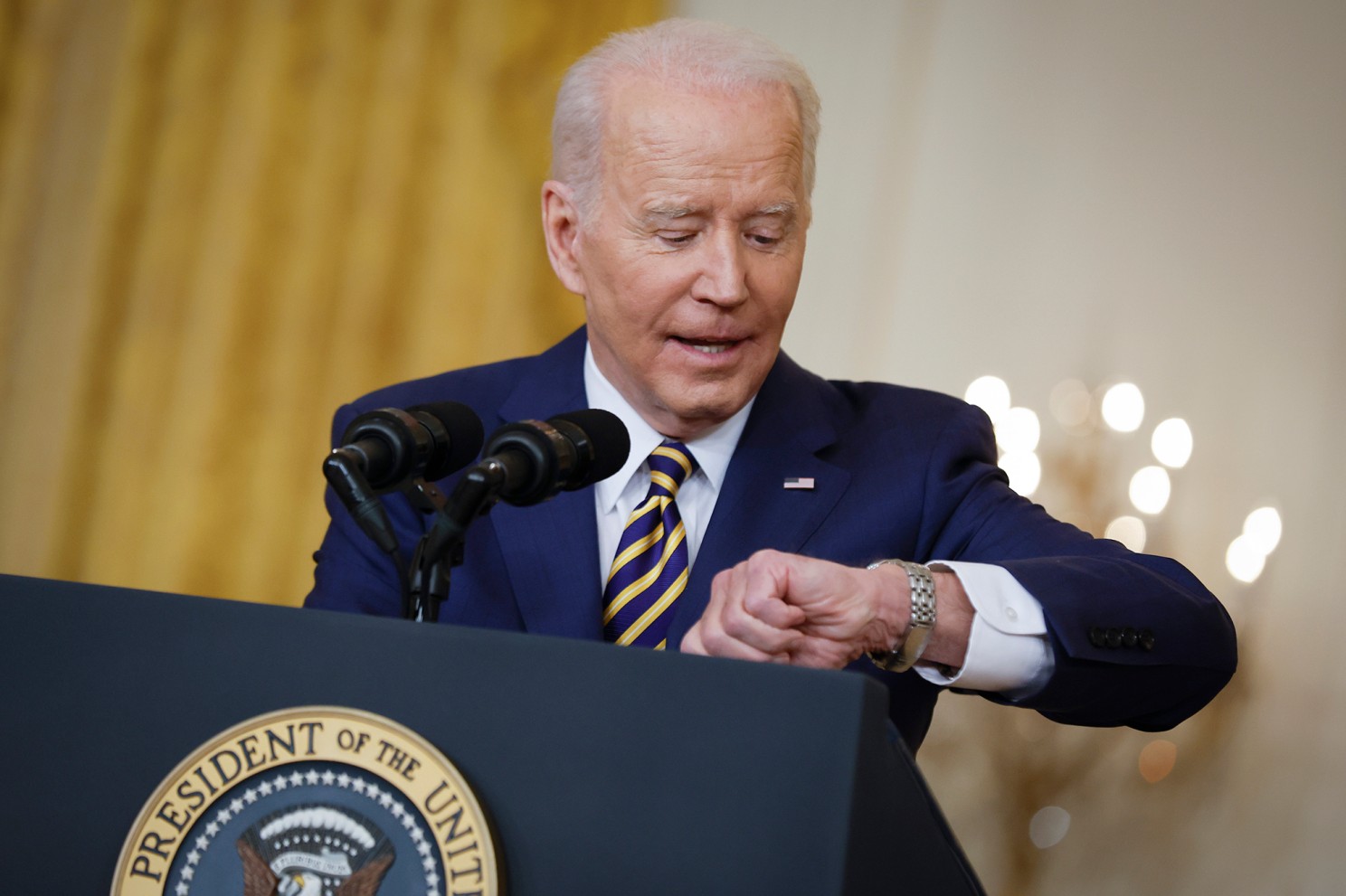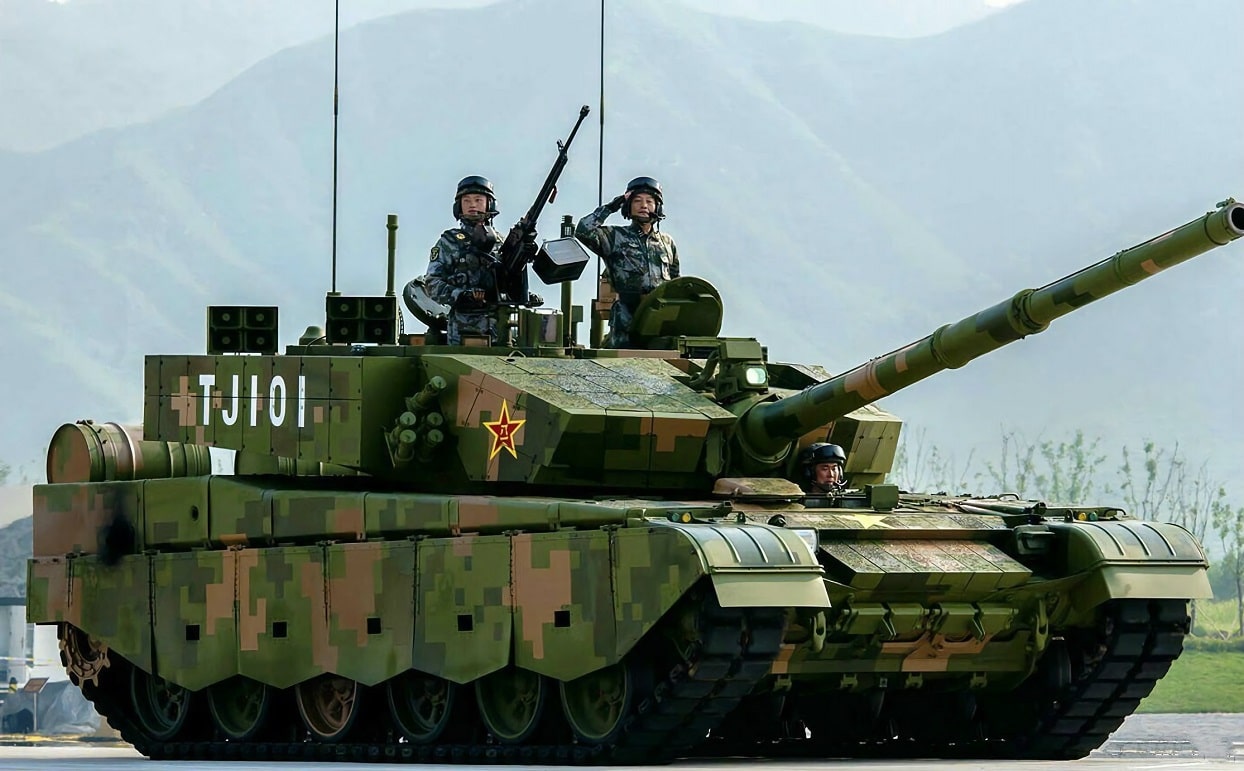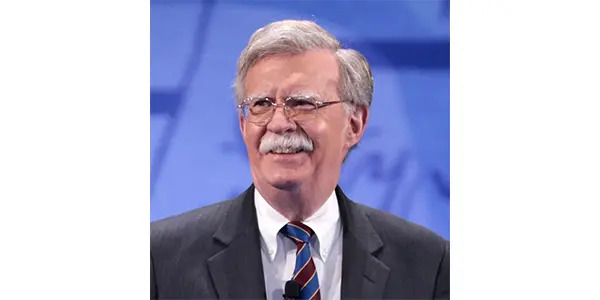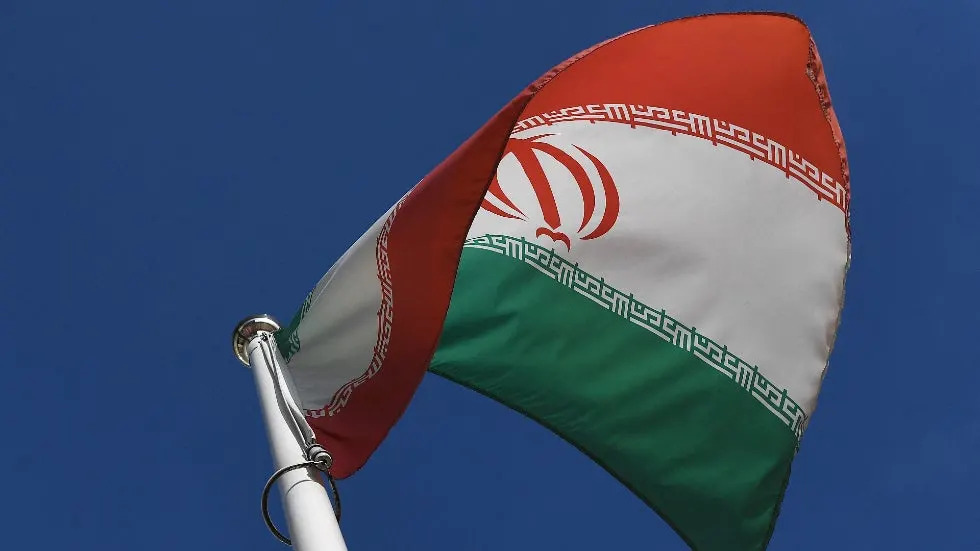In an unprecedented joint public appearance on July 6, FBI Director Christopher Wray and his British counterpart, MI-5 Director General Ken McCallum, warned a London audience of business leaders and academics that China posed a “massive, shared challenge.” Beijing, said Wray, was “set on stealing your technology—whatever it is that makes your industry tick—and using it to undercut your business and dominate your market.” McCallum was equally forceful, describing China’s “coordinated campaign on a grand scale,” representing “a strategic contest across decades.”
This is not the first time Wray has spoken out in unambiguous terms. On January 31 at the Reagan Presidential Library in California, he stressed that China’s threat to America’s economic security had “reached a new level—more brazen, more damaging than ever before.” This stress on foreign-government threats to America’s private sector may seem unusual for the FBI, but Wray has correctly focused on the incredibly broad scope of Beijing’s menacing behavior, well beyond intelligence gathering and clandestine actions against the U.S. and allied governments.
Wray’s public statements are complementary to Vice President Mike Pence’s 2018 warning about Beijing’s widespread efforts to influence U.S. public opinion. Unfortunately, we are, even now, only just awakening to the extraordinary scope of China’s whole-of government (which, in Beijing’s case, essentially means whole-of-society) operations against our economy and society, and that of our allies. This awakening must spread, and quickly.
In government, President Joe Biden’s performance is decidedly mixed. He deserves credit for the first in-person meeting of the “Quad” (Australia, India, Japan, and America), a constellation with enormous potential (but, so far, few practical achievements) for constraining China. The Pentagon agreed to the Australia-United Kingdom-United States (“AUKUS”) project to build nuclear-powered, hunter-killer submarines for Australia, a conceptual and operational breakthrough whose success or failure has major strategic implications across the Indo-Pacific. By contrast, Biden may have already rescinded Trump administration decision-making rules on offensive cyber efforts, thereby returning to Obama-era procedures that effectively strangled such measures, crippling our ability to strike pre-emptively against Chinese election-meddling efforts. Biden, seemingly intimidated by Chinese complaints about a projected Taiwan visit by House Speaker Nancy Pelosi, has urged her not to go.
AUKUS and the Quad represent initial steps in constructing a denser alliance framework, more akin to the North Atlantic pattern. Analysts have long worried that America’s bilateral Asian alliances are merely “hub-and-spoke” arrangements, but this picture is changing. Newly inaugurated South Korean President Yoon Suk-yeol, for example, is seeking to forge closer trilateral relations with Tokyo and Washington, symbolized by the three leaders’ recent meeting in Madrid. The “Five Eyes” intelligence-sharing partnership (among Australia, Canada, New Zealand, UK and US) consists entirely of Pacific powers. The pieces are there for robust Indo-Pacific cooperation against the full range of Chinese threats.
Ironically, America’s sleeper problem, one spotlighted by Wray and McCallum, lies in the private sector. Despite two decades of increasing warning signs, American firms, led by financial and high-tech enterprises, invested and traded with China as if international political risk no longer warranted deep consideration in business decisions. Extensive capital investment in China exposed intellectual property to Beijing’s high-tech piracy. Forced-technology transfers as a condition to do business there, and the dangers to supply chains from political tensions, were ignored or minimized. Even today, as the political risks of doing business with China are skyrocketing, especially in sensitive national-security-related areas, many U.S. business leaders still do not appreciate the threats they face.
Assurances that China does not engage in commercial espionage or theft of intellectual property should carry no weight with Western businesses. In 2015, Xi Jinping and a gullible Barack Obama agreed that neither of their governments “will conduct or knowingly support cyber-enabled theft of intellectual property,” a commitment to which Beijing’s Ministry of State Security has paid no heed whatever.
Worse, too many business executives and politicians across the spectrum seem to believe that the proper response to Chinese threats is massive Federal expenditures to bolster U.S. competitiveness. This approach fundamentally misperceives the problem. America doesn’t suffer from a deficit of creativity and innovation. It suffers instead from decades of China stealing our creativity and innovation, as FBI Director Wray has forcefully explained, and in some cases benefitting from the gratuitous transfer of intellectual property by credulous Americans heedless of the consequences.
Beijing has weaponized what superficially appear to be commercial telecommunications firms like Huawei and ZTE, making them arms of the Chinese state. The Trump and Biden administrations have imposed increasingly strict sanctions on such firms, but enormous damage has already been done, including putting at risk communications involving America’s land-based, ballistic-missile forces. Beijing’s espionage deviousness is exemplified by its offer to build a Chinese garden at Washington’s National Arboretum, which would actually be a concealed listening post or accessing user data from the popular Tik-Tok app. We are still not adequately awake to the potential that virtually any Chinese “business” enterprise could be an agent of commercial infiltration and exploitation.
However, appropriate defensive measures should not be confused with massive subsidies to the U.S. information-technology industry. There is clearly a need for more Federal spending to counter Chinese espionage and piracy of intellectual property and other critical data, but that spending should be for military, and intelligence measures to enhance our defensive and offensive capabilities. Moreover, money to replace existing equipment sold by Huawei, ZTE, and others, largely in rural and sparsely populated areas, but which can affect the nationwide telecommunications grid, is well spent. Expenditures for “regional technology hubs” by contrast, will not enhance creativity, but will shrink the Federal dollars available for critically needed efforts at the Pentagon and in the intelligence community.
Chris Wray has more than enough to occupy his time at the FBI, so his public focus on the threat of Chinese espionage demonstrates just how serious he judges the threat to be. American businesses and government should pay more attention to what he is saying.
